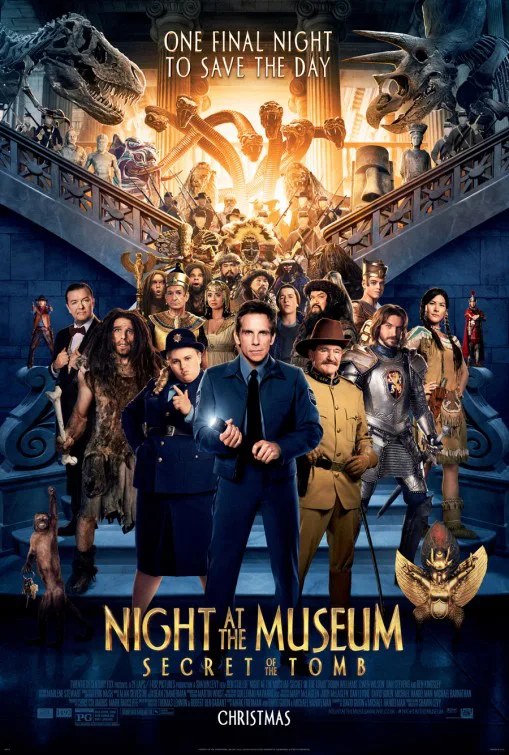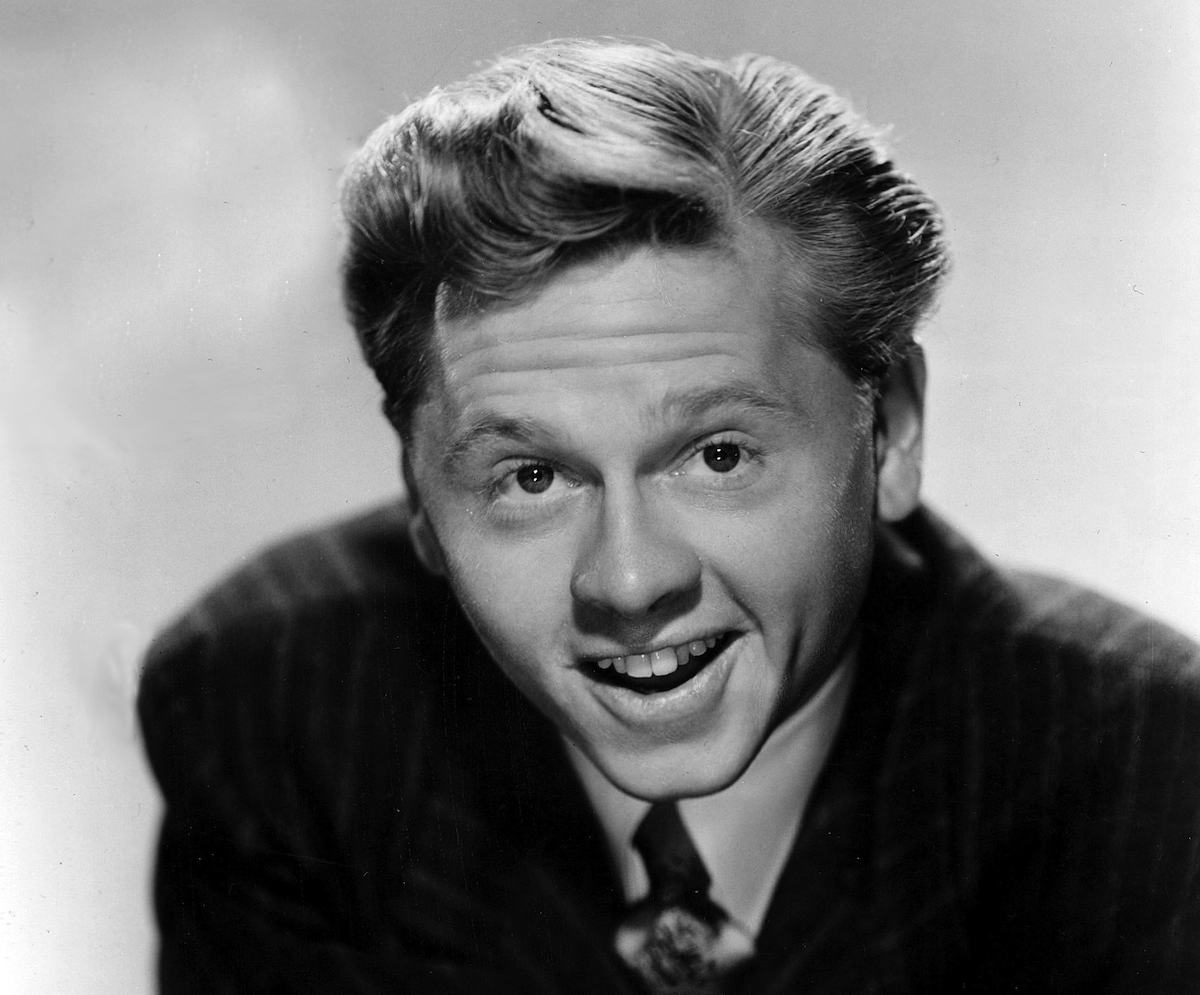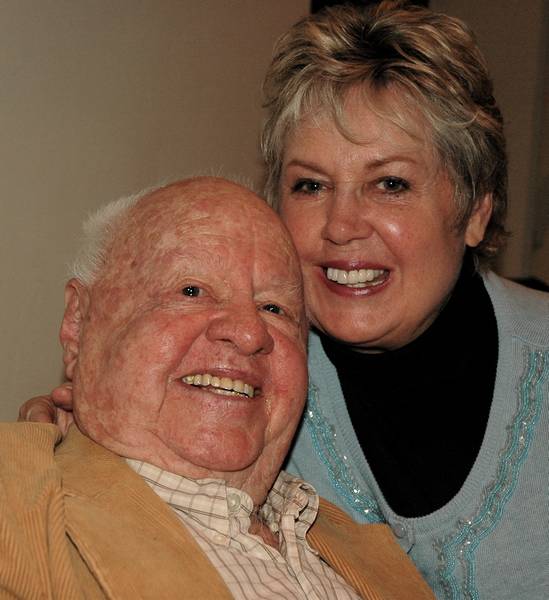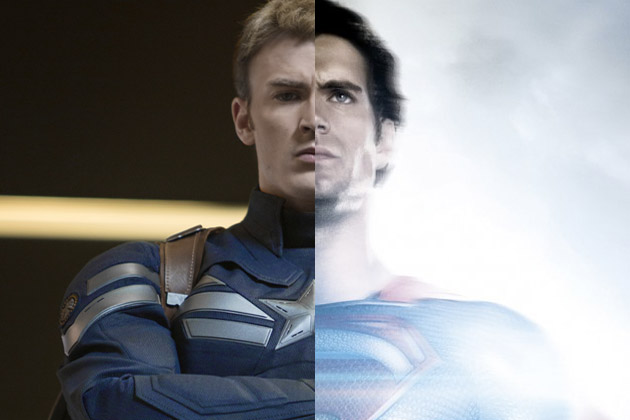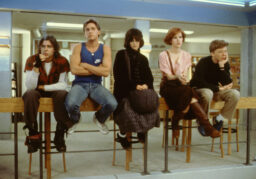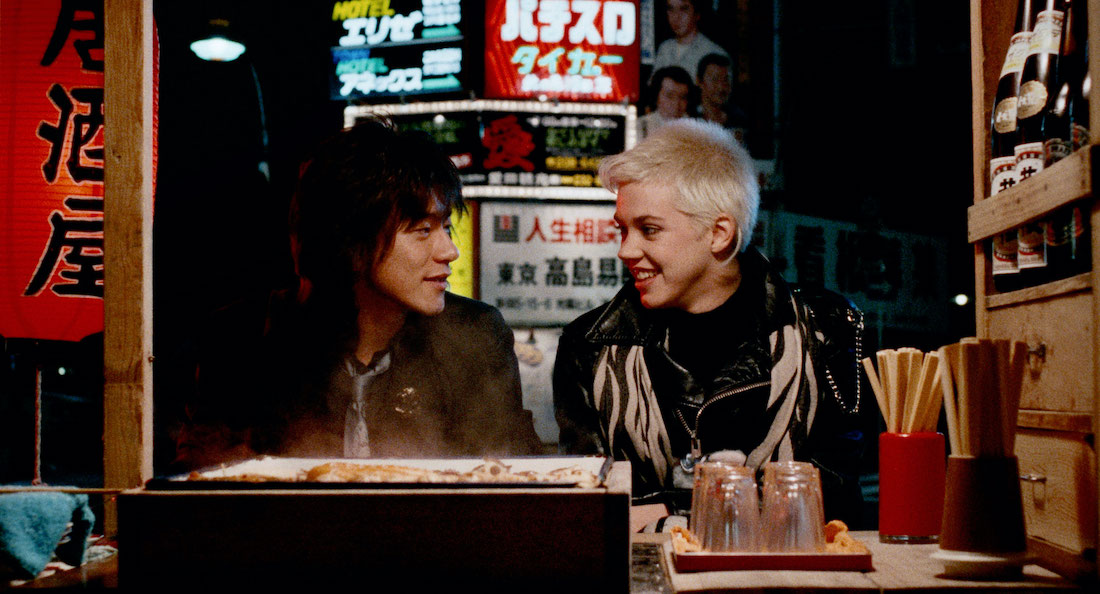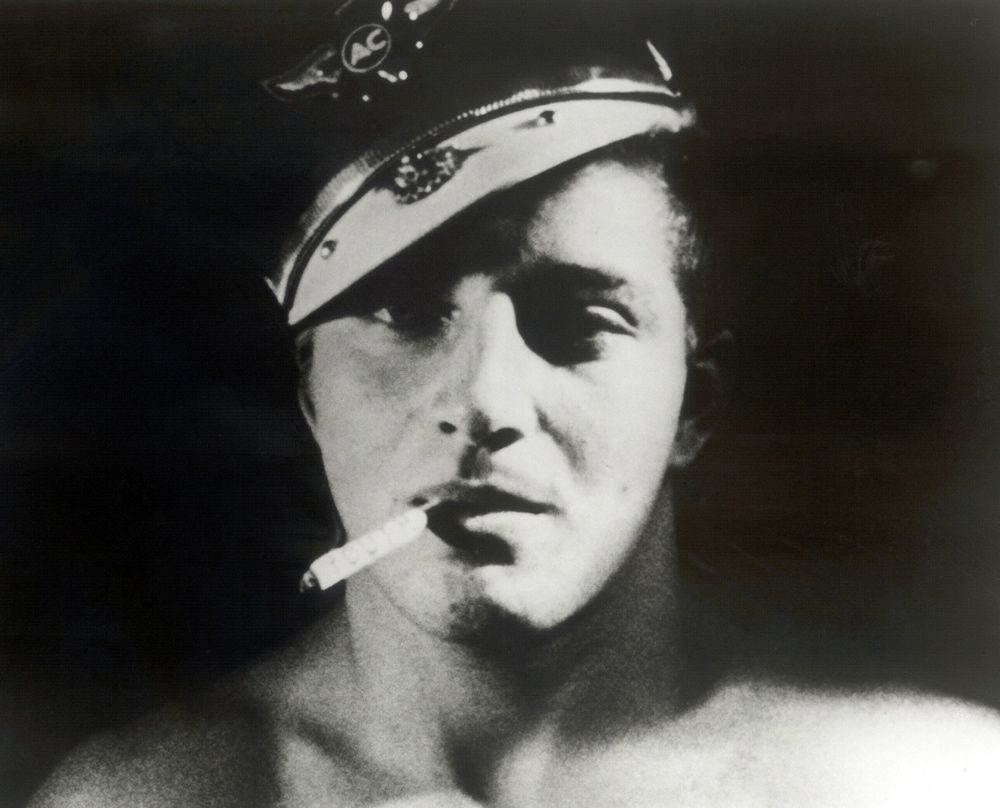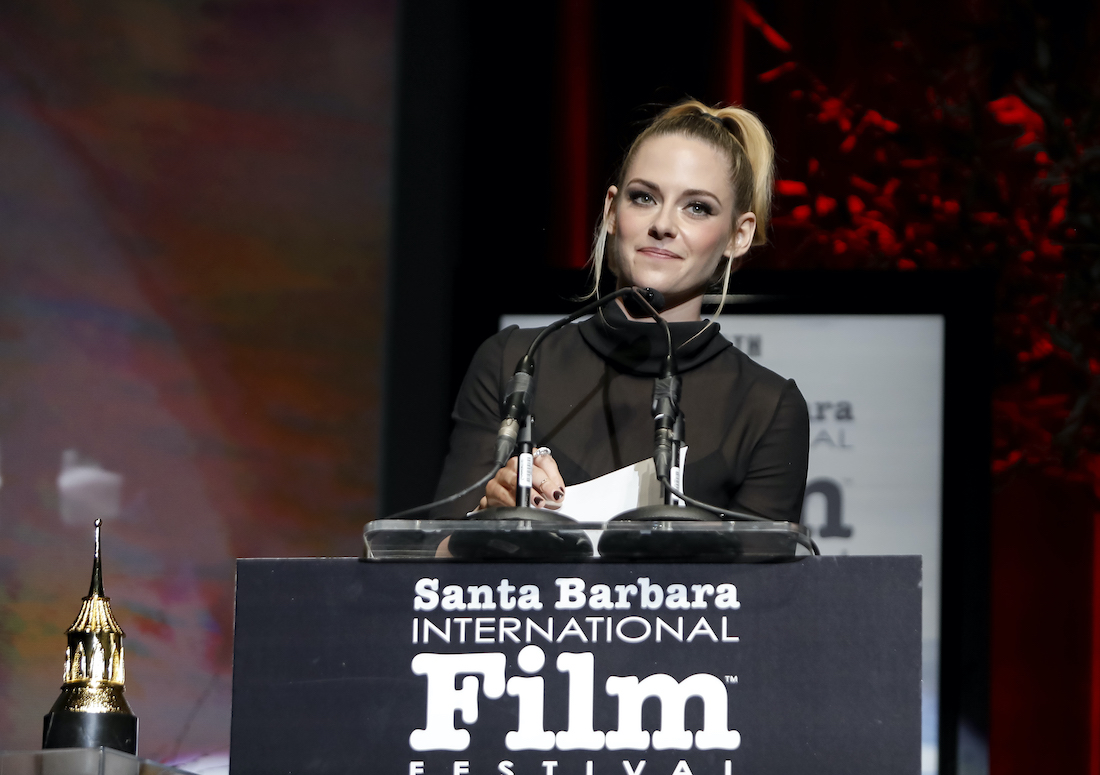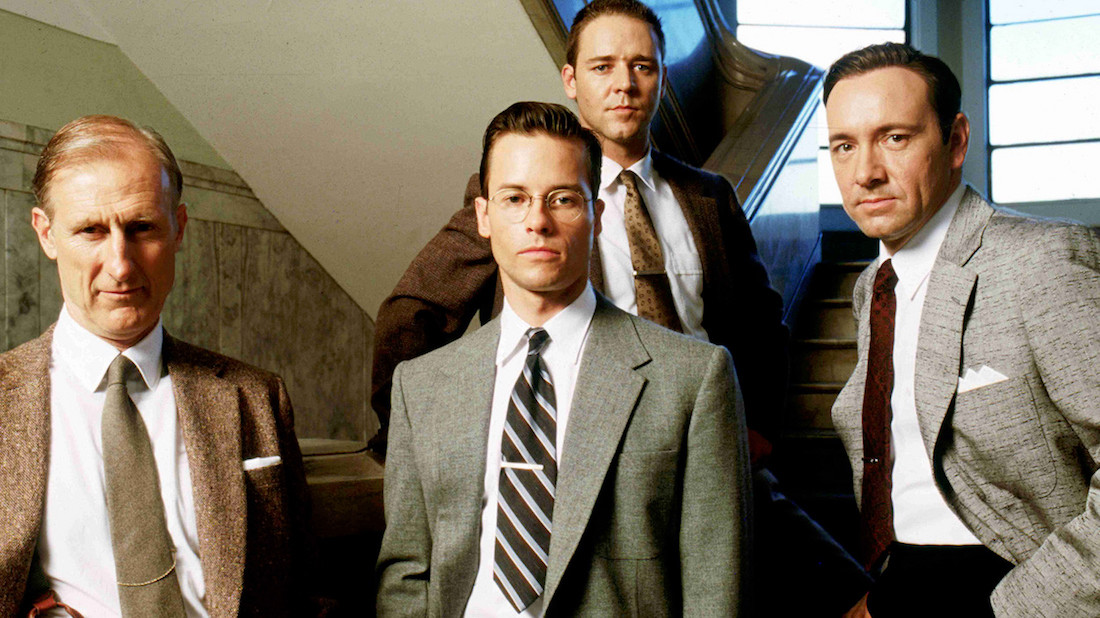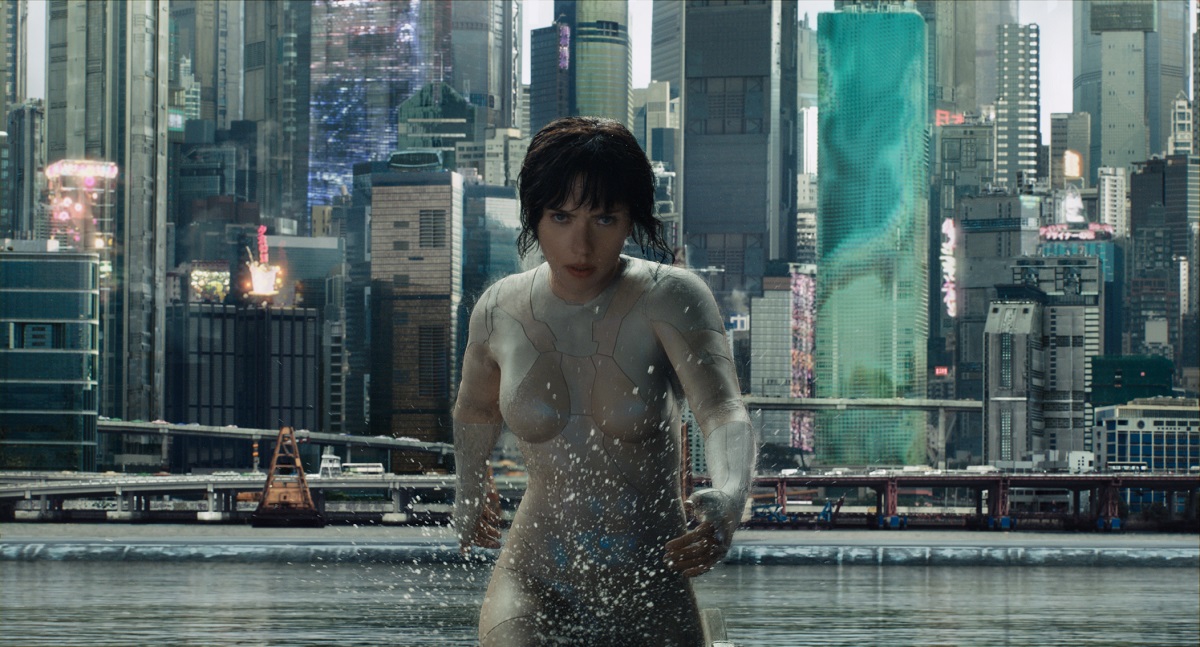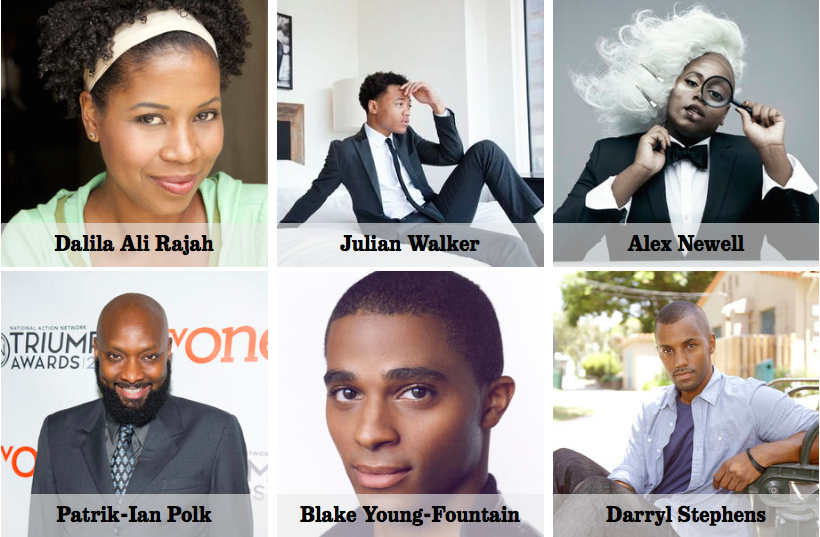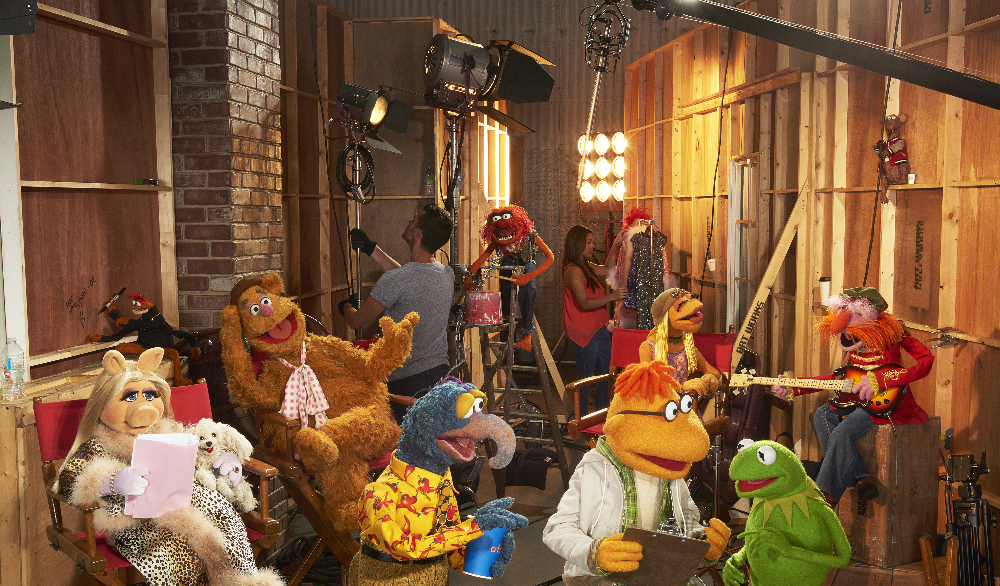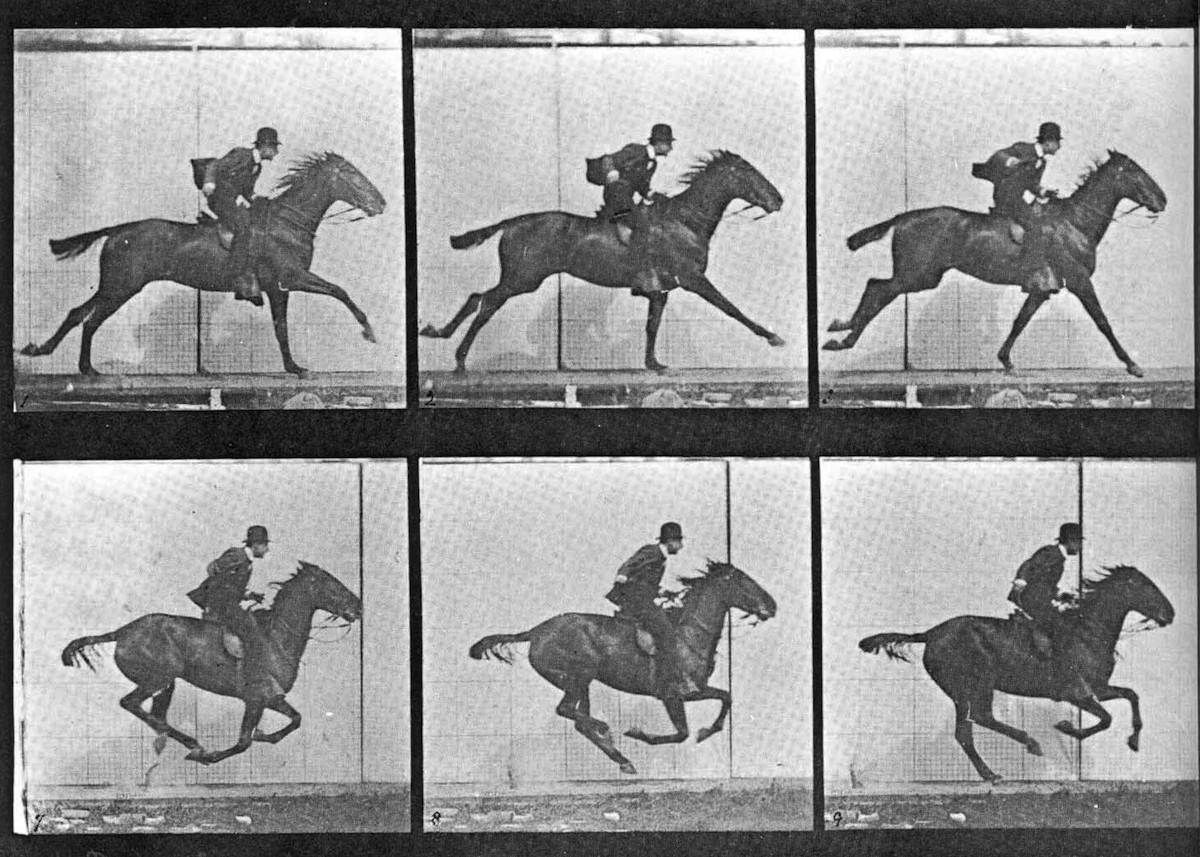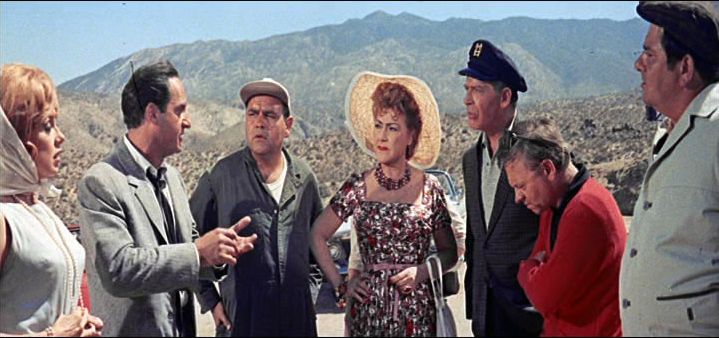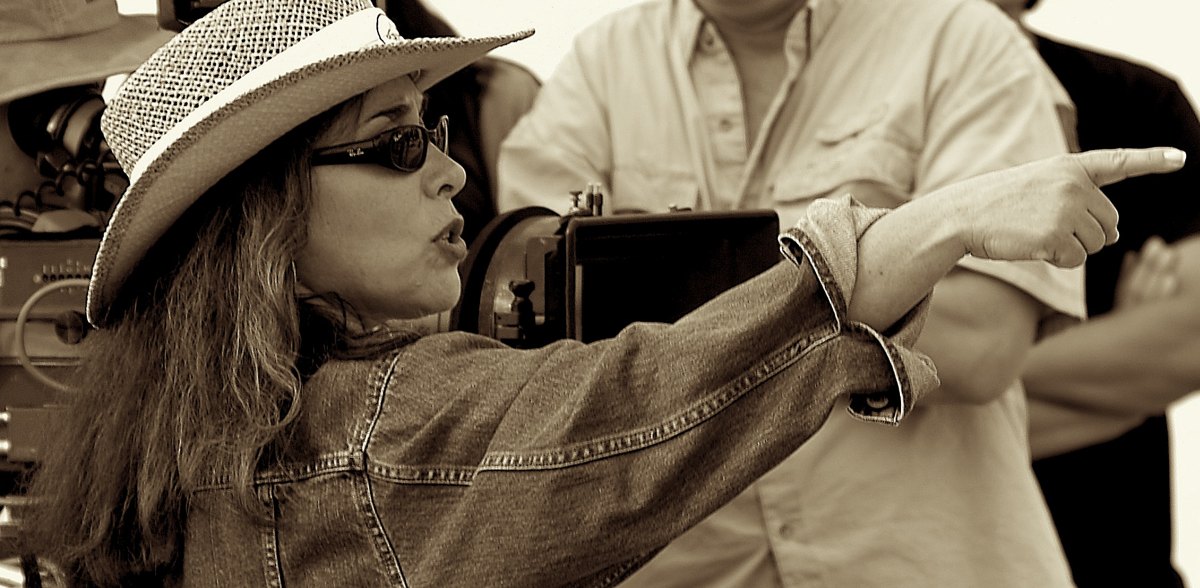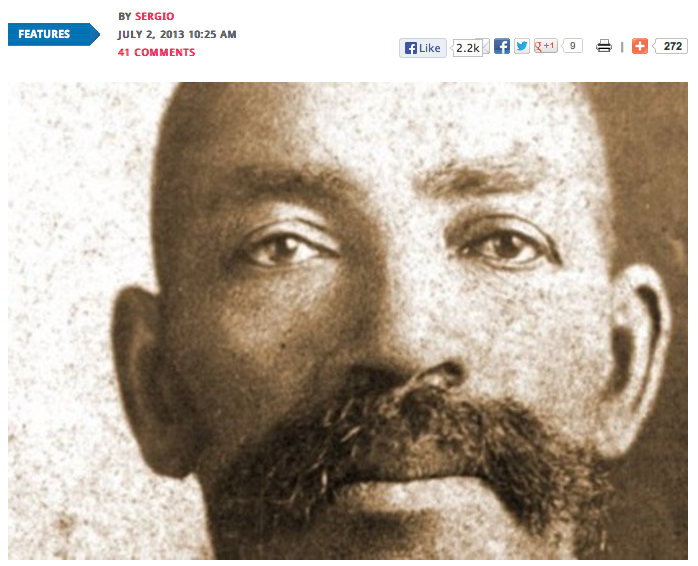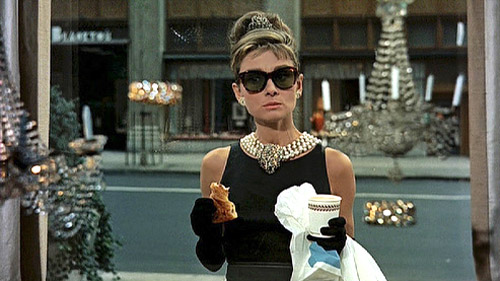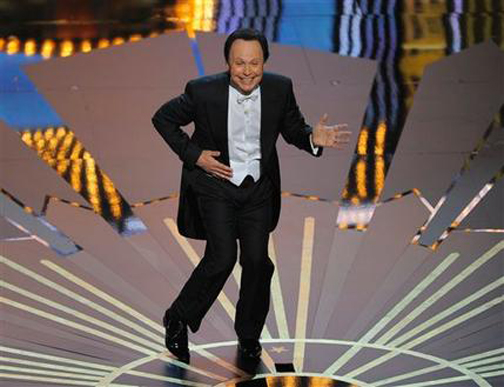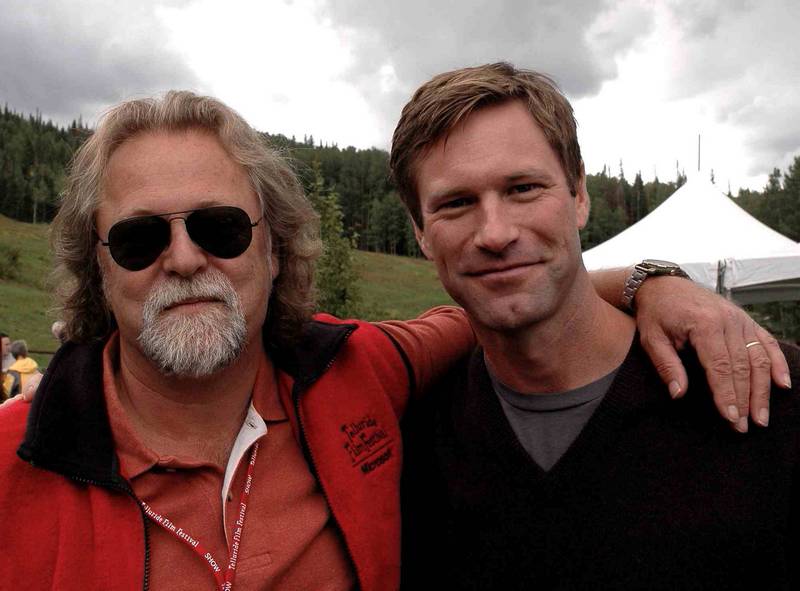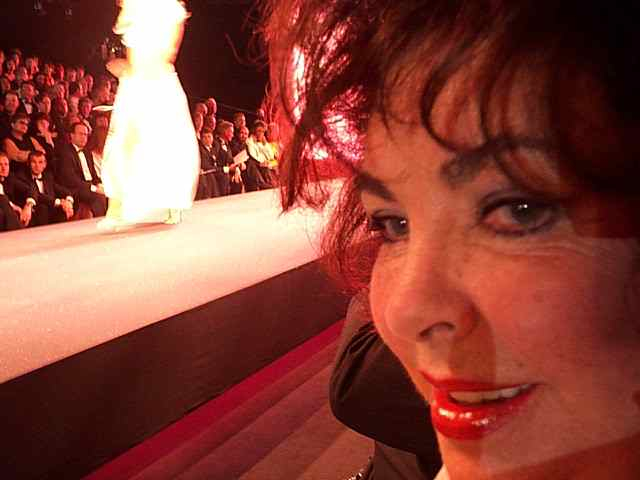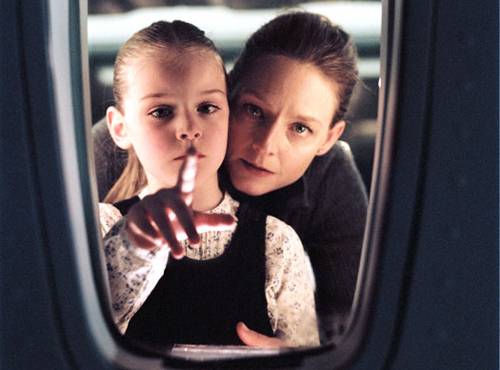Mickey Rooney Movie Reviews
Blog Posts That Mention Mickey Rooney
Mickey Rooney: Girl Crazy
Dan Callahan
Telluride #3: Mickey in the limelight
Roger Ebert
Thumbnails 4/8/14
Sam Fragoso
Racial Purity, Part II
Jim Emerson
Flamers
Jim Emerson
Movies That Deal with the Peculiarities of Being a Teenager: Bruce Handy on His New Book about Teen Movies
Nell Minow
Female Filmmakers in Focus: Fran Rubel Kuzui on Tokyo Pop
Marya E. Gates
The Fire is Gone: Kenneth Anger (1927-2023)
Scout Tafoya
From Kristen Stewart to Benedict Cumberbatch: Tribute Highlights from the Santa Barbara International Film Festival 2022
Donald Liebenson
The Big Knockover: “Noir City: Chicago” Brings Heist Films to the Music Box Theater
Laura Emerick
“Ghost in the Shell” and Asian-American Outrage on Social Media
Jana Monji
Thumbnails 1/25/16
Matt Fagerholm
TV Review: ABC’s “The Muppets” Revives Subversive Spirit of Jim Henson
Matt Fagerholm
The Year of the Horse
Jana Monji
“It’s a Mad, Mad, Mad, Mad World” Gets the Deluxe Treatment from Criterion
Peter Sobczynski
Susan Seidelman, Survivor
Christy Lemire
Thumbnails 7/3/2013
The Editors
A little black dress makes the world go round
Jana Monji
Airport ‘79 winners
Roger Ebert
Biggest Acting, Best and Worst: Over the top, Ma!
Jim Emerson
“The Artist” and “Hugo”: A very French Oscars
Roger Ebert
Telluride #1: Premieres & rarities
Roger Ebert
Oscar Noms: Kramer & All That Jazz
Roger Ebert
Elizabeth Taylor, a star in a category of her own, dies at 79
Roger Ebert
Interview with Sally Kellerman
Roger Ebert
Absurdity at 30,000 feet
Roger Ebert
Movie Answer Man (08/10/1997)
Roger Ebert
Movie Answer Man (10/01/1995)
Roger Ebert
Popular Reviews

The best movie reviews, in your inbox
